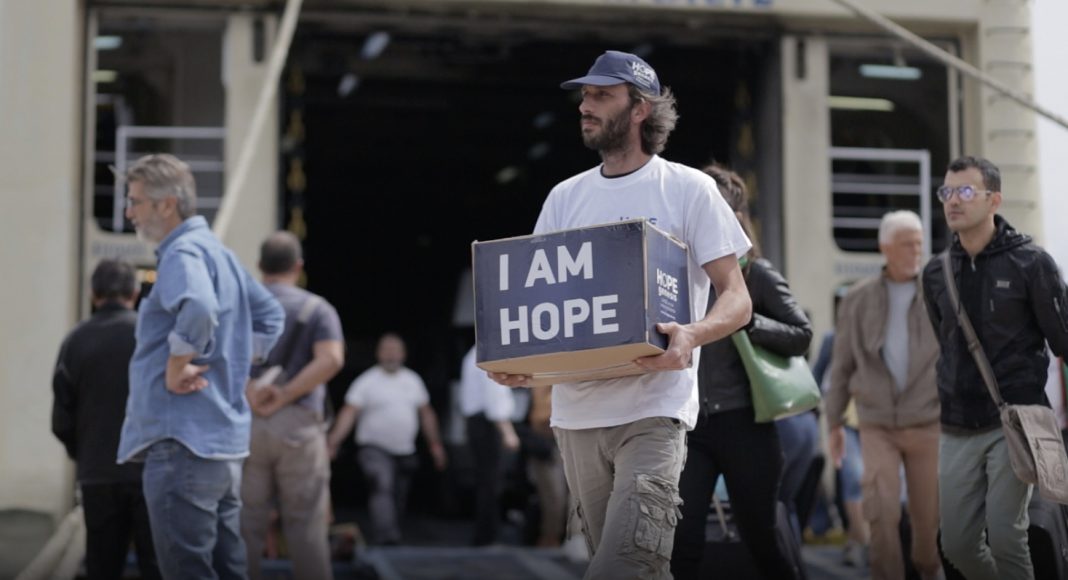HOPEgenesis is a Greek non-profit organisation active in the field of medicine and social welfare that addresses the major issue of Greece’s low birth rates.
Greece is heading towards a demographic deadlock as the birth-to-death ratio in Greece is negative.
It is estimated that by 2050 Greece’s population will have fallen to 8,000,000 citizens from today’s 10,800,000 million. According to official data from the Greek Ministry of the Interior, in 2017, Greece reported 88,132 births compared to 123,079 deaths, resulting in a dramatic population decline.
The Hellenic Initiative granted HOPEgenesis US$30,000 so that it can provide a medical and psychological umbrella to all pregnant women of the following six islands of the Dodecanese: Arkioi, Chalki, Kasos, Leipsoi, Patmos and Tilos.
HOPEgenesis provides free medical treatment to these women who have very limited access to medical facilities and enables them to travel to an affiliated medical unit and be properly monitored during their pregnancies by a team of obstetricians and gynaecologists.
These six islands have a total of 6,223 inhabitants. Based on their population, there should be 65 births per year and a total of 195 births in a three-year period.
However, according to the official Hellenic Statistical Authority’s figures (ELSTAT), the number of births during the three-year period of 2015-2017, prior to HOPEgenesis involvement, for the 6 islands was only 115.
HOPEgenesis operates in 354 areas across Greece and the network of affiliated hospitals of the organisation consists of 18 medical centres and over 80 doctors. Until today, it has supported more than 260 families in areas where the number of births was very low or even zero.
The organisation was awarded the European Citizen’s Prize 2018.
Sourced via Hellenic News of America
